On June 19, 2017, Bill C-6, an Act to amend the Citizenship Act and make consequential amendments to another Act, passed Parliament. Some changes took effect immediately upon Royal Assent; these include removing the requirement to intend to live in Canada once granted citizenship, and allowing minors to apply for citizenship on their own without the need to have a Canadian parent. Changes to physical presence and the age required to meet language and knowledge requirements for permanent residents who are applying for citizenship will came into effect on October 11, 2017. For more information on changes to the Citizenship Act, please click here: https://www.canada.ca/en/immigration-refugees-citizenship/news/2017/10/changes_to_the_citizenshipactasaresultofbillc-6.html?_ga=2.204854992.1910290133.1508095722-244558009.1485872832
While we welcome these changes, we want to stress that simply reversing the Conservative government changes to the Citizenship Act will not help all marginalized communities access citizenship more easily. Statistics show that far more women and refugees are refused because they are unable to meet the knowledge or language requirements. (link the word statistics to: https://www.thestar.com/news/immigration/2017/07/03/high-number-of-women-failing-citizenship-test-reflects-barriers-they-face-advocates-say.html)
The language requirement is a barrier for many of our clients who are illiterate or have little or no formal education. While applicants can request accommodation or a full waiver from the knowledge and language exam, these waivers and accommodation requests are often medicalized; immigration officers decide them on a discretionary basis. According to the Citizenship Act waivers can be granted on “compassionate grounds” or “to alleviate special and unusual hardship.” In practice, however, applicants are only granted waivers if the officer is satisfied that the applicant has a severe and permanent disability.
Applicants who request accommodation based on disability are also required to exhaust the testing process before being provided with an opportunity to request accommodation. This results in considerable delay and further stress for applicants who are already facing significant barriers.
The fees remain a significant barrier to accessing citizenship. The application fee of $530 is particularly onerous for minors applying on their own as well as for all our legal aid clinic clients living in poverty.
We are working with affected members of the community and allies to come up with a strategy to push for changes to the regulations. Please get in touch with us if you are affected and would like to organize a community response: info@parkdalelegal.org.
